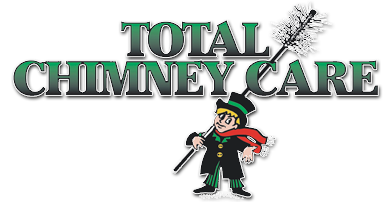 Last season’s winter of 2013 to 2014 was brutal compared to the recent winters of the past. Unusually cold temperatures swept across the entire country and record amounts of snow fell in many areas. While a few cold weather enthusiasts may have enjoyed the news, most of us were disappointed to hear the Farmer’s Almanac predicting a similarly intense upcoming winter season. In an effort to be better prepared for these chilly months, more homeowners are planning to utilize their fireplace and stoves more this year. If you are one of these people, be sure to properly service your appliances early, so you are ready when the cold weather hits.
Last season’s winter of 2013 to 2014 was brutal compared to the recent winters of the past. Unusually cold temperatures swept across the entire country and record amounts of snow fell in many areas. While a few cold weather enthusiasts may have enjoyed the news, most of us were disappointed to hear the Farmer’s Almanac predicting a similarly intense upcoming winter season. In an effort to be better prepared for these chilly months, more homeowners are planning to utilize their fireplace and stoves more this year. If you are one of these people, be sure to properly service your appliances early, so you are ready when the cold weather hits.
Experts recommend having your chimney swept and inspected every year. The chimney sweep has two main functions. First, the mason will check for any obstructions in the chimney such as animals, nests or other debris. Removing the debris will eliminate any safety hazards associated with toxic fumes backing up into the home like potentially lethal carbon monoxide poisoning. The chimney sweep also removes any built up creosote on the flue lining. Creosote is a product of burning wood that is highly flammable, so cleaning it out regularly is crucial for preventing chimney fires.
An inspection can be scheduled for the same time you have your chimney swept. It is more in-depth than the sweep because the mason closely examines all readily accessible parts of the chimney and fireplace. He or she can tell you if your chimney has water damage, is structurally unsound, or has dangerous venting issues. Then, you will be informed on the best course of action to take to address the problems.
If you burn wood or another type of fuel you need to bring into the home yourself, be sure to stock up before it gets cold. This ensures the best selection and the best prices. Remember for wood, purchase only local wood to prevent spreading dangerous invasive species and choose hardwood species like oak and maple for a longer, hotter burn.
Take special precautions if you have an oil burning appliance. Your oil service technician will not inspect and clean your chimney, and if you do not have your chimney cleaned separately, it could have dangerous consequences. A buildup of oil soot in the chimney can mix with water and deteriorate your flue lining. It can also block your chimney and push poisonous gases like carbon monoxide into your home. For these reasons, schedule a separate cleaning for your oil flue.
If you live in the New Haven, Connecticut area, contact Total Chimney Care for a professional consultation. Total Care can help you safely clean and maintain your chimney so it lasts for years to come.

